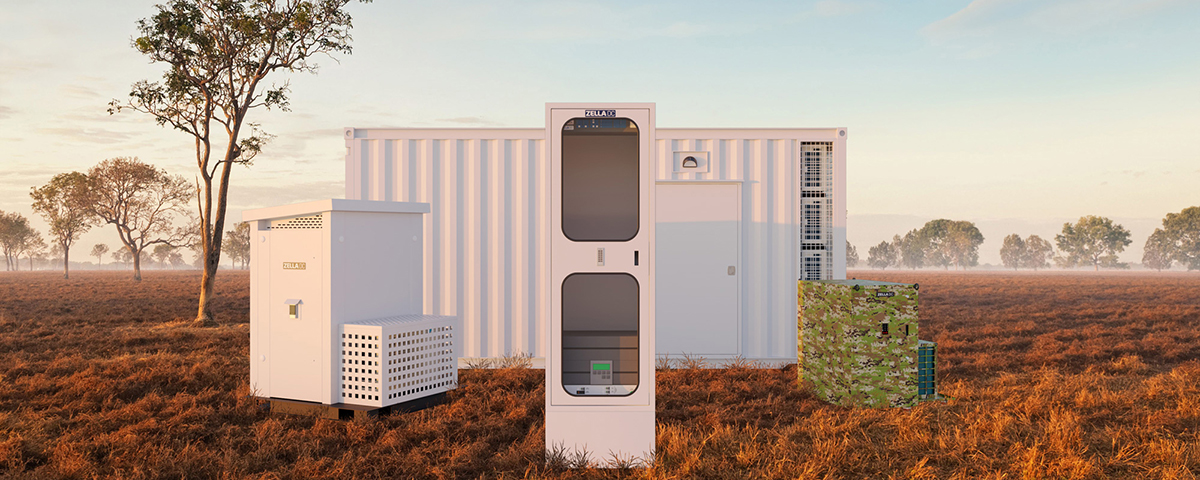It is well known that monitoring the temperature of your data centre is important to improve your servers’ performance and to increase your IT equipment’s lifespan. Increased heat conditions in your data centre can result in damaged or even lost data. But temperature is not the only factor you need to pay attention to.
The Safe Zone
Simply cooling your servers is not enough; there are many factors that will impact your servers’ health.
Temperature. Proper temperature management is crucial to protect your servers and equipment from damage. According to the tech experts, the recommended temperature range for servers is between 18° and 26° Celsius (64.4F and 80.6F). If the temperature rises too much, your equipment will lose operation causing downtime and, depending on how hot it gets, it will potentially cause permanent damage to your servers.
Airflow. Ensuring an even airflow will eliminate blockages and ensure the temperature is uniform in every part of the data centre.
Air pressure. A sealed environment will ensure air pressure is constant and it will make it easier to keep the temperature constant.
Precision cooling is a complex but necessary feature that will not only guarantee the safety of your IT equipment but also reduce your energy consumption. This is why all our micro data centres come with precision cooling as standard.
Big Savings
As we’ve seen, precision cooling creates the ideal environmental conditions for your servers. Our micro data centres also reduce the amount of energy required to keep your servers cool, thanks to our innovative design and technology.
- a micro data centre is like a server room in a box – this massively reduces the area that needs to be cooled won
- our micro data centres are fully sealed and have thermal insulation
- our Zella Pros have their own cooling system with cooling and energy efficiencies matched with your IT load at all times making it extremely efficient and inexpensive to cool
And of course reduced energy consumption results in financial savings as well as reduced carbon emissions.
Get in touch to find out more.






